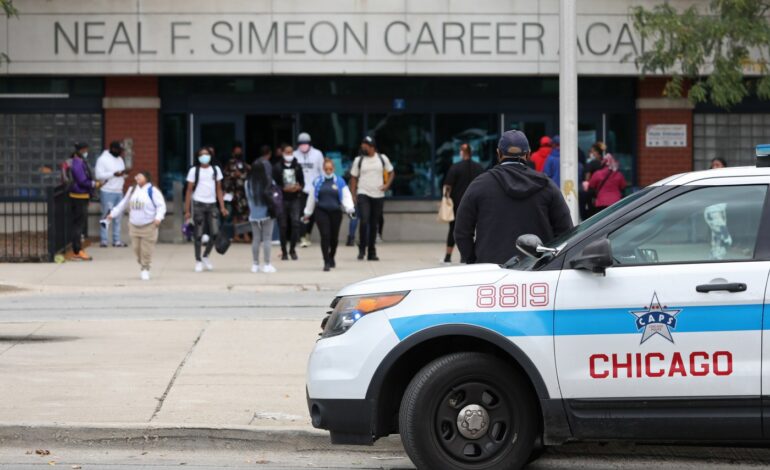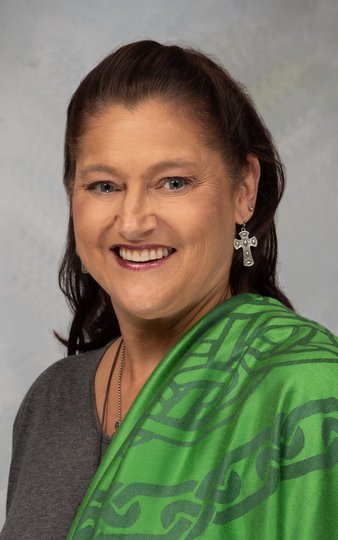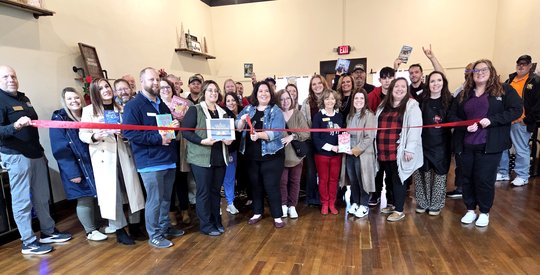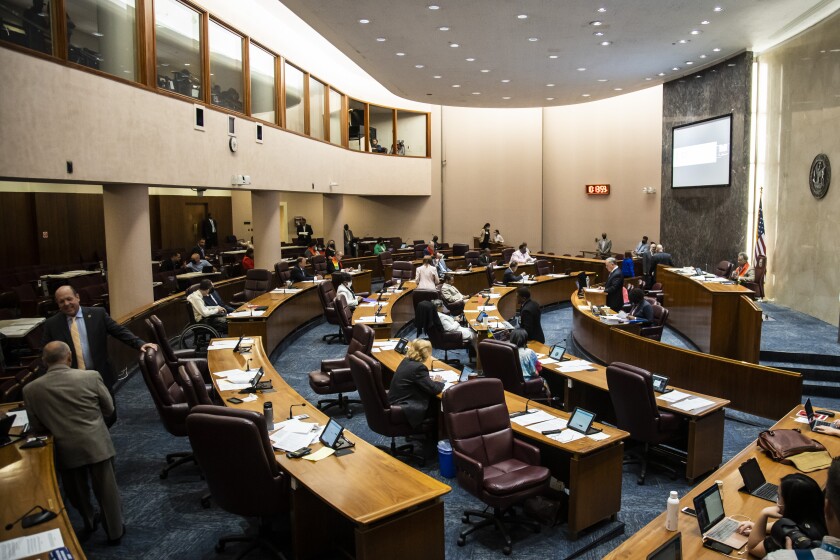Chicago Voices Call for Change Amid Wealth Disparity and Policy Critique

Residents of Chicago are expressing their concerns about wealth inequality, energy policies, and healthcare decisions, highlighting a range of pressing social issues in recent letters to the editor. The discussions reflect a call for significant changes in the city, particularly in how resources are allocated and how policies are shaped.
Tom Madden, a retired educator with 35 years of experience, argues that the social conditions affecting students in the city’s poorer neighborhoods have not improved despite decades of observation. Madden notes that the wealth gap has widened, and essential services remain scarce. He criticizes the Tribune Editorial Board for dismissing Brandon Johnson‘s endorsement of socialism as a mere political maneuver. Instead, he posits that socialism—defined as government intervention for public benefit—could address the systemic inequities he has witnessed for over five decades. “We need some socialism here, and we need it badly,” Madden asserts, emphasizing the urgent need for change.
In a different vein, Elona Vaisnys expresses her gratitude for civic organizations like the Better Government Association, which advocate for ethical reforms in Illinois politics. In her letter, she stresses the importance of addressing the “revolving door loophole,” which allows former legislators to become lobbyists almost immediately after leaving office. “I am adamant that our state legislature not be used as an easy-peasy hop into lucrative lobbyist positions,” she declares, advocating for stricter regulations to enhance transparency and accountability.
The debate around healthcare and end-of-life decisions is also prominent, as Paul F. Camenisch discusses the complexities surrounding physician-assisted suicide. He suggests that the term “suicide” carries negative connotations that hinder constructive conversations on the subject. Instead, he proposes using terms like “physician-assisted, patient-chosen release” to foster a more nuanced dialogue about individual autonomy in healthcare choices.
Environmental issues are a critical concern for younger generations, as highlighted by Hillary J. McGuire. She criticizes the Pipe Replacement Program (PRP) by Peoples Gas, which she argues perpetuates reliance on fossil fuels and contributes to rising utility costs for residents. McGuire advocates for alternative solutions, such as pipe lining and targeted electrification, to promote a transition to cleaner energy systems. “If we do not take action, Peoples Gas’ PRP will make gas bills more unaffordable for everyday Chicagoans,” she warns.
Finally, Conrad Pomykala addresses the editorial stance on electric vehicle (EV) subsidies, noting a contradiction in the arguments presented. While the editorial board criticizes government intervention in favor of competition, it simultaneously acknowledges the benefits that Chinese automakers receive from subsidies. Pomykala questions the effectiveness of U.S. policies that support domestic EV manufacturers, suggesting that the issue may lie more with manufacturers’ priorities than with the subsidies themselves.
As Chicago grapples with these multifaceted challenges, the voices of its residents underscore a collective desire for reform. The discussions reflect a city at a crossroads, where addressing economic inequality, governance ethics, healthcare options, and environmental sustainability are more crucial than ever.






